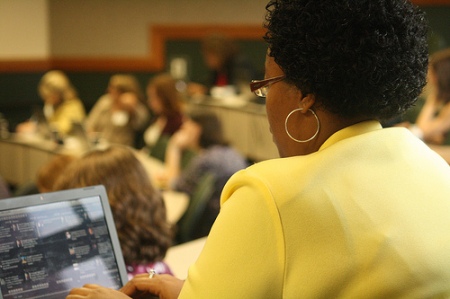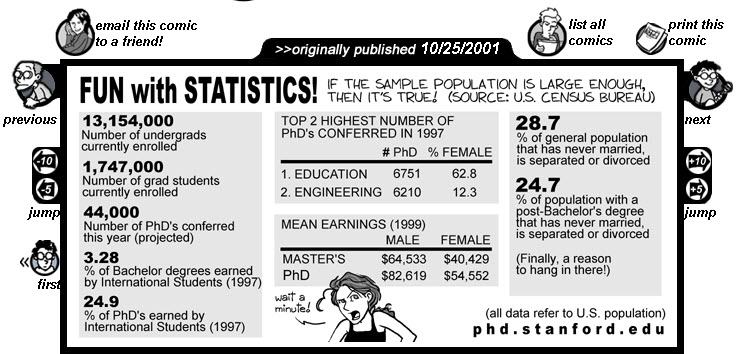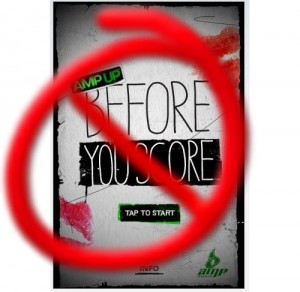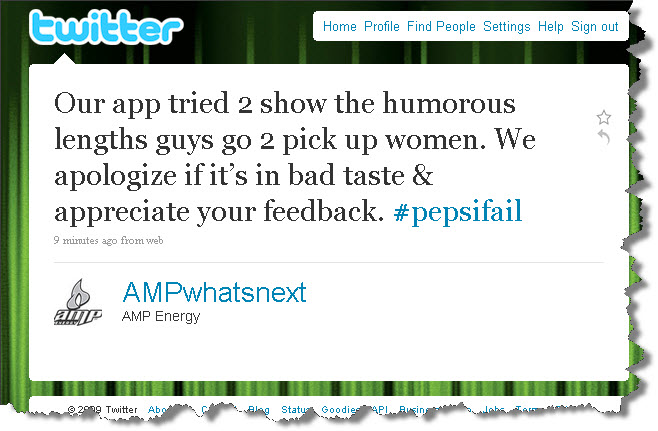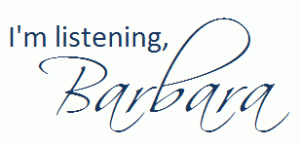In the spring, I’ll be teaching an online course for Georgia Southern called Social Media for PR. One of the things I plan to incorporate into the course is video/audio from respected leaders in PR on the topic of social media — like what the students might experience if they went to a conference. There are many, many videos (and audio recordings) of conference speakers online now, but where to start?
Mitch Joel created something at his blog Six Pixels of Separation called a Pixelated Conference, where he embedded video clips from many different conferences. And that got me thinking . . .
If you were going to create a Pixelated Conference on Social Media for PR students, what would you include? Please offer your suggestions here, and I’ll share a link to what I create for my students when I get it ready.
Some suggestions I’ve heard so far:
- Seth Goden on Tribes
- Here Comes Everybody – Clay Shirky
- Twitter for Business – Laura Fitton (@pistachio)
Thanks in advance for your thoughts!
[Photo Credit: http://ugaconnect2009.wordpress.com/2009/09/19/pr-is-not-social-media-and-more-words-to-tweet-by-from-lauren-fernandez/]

